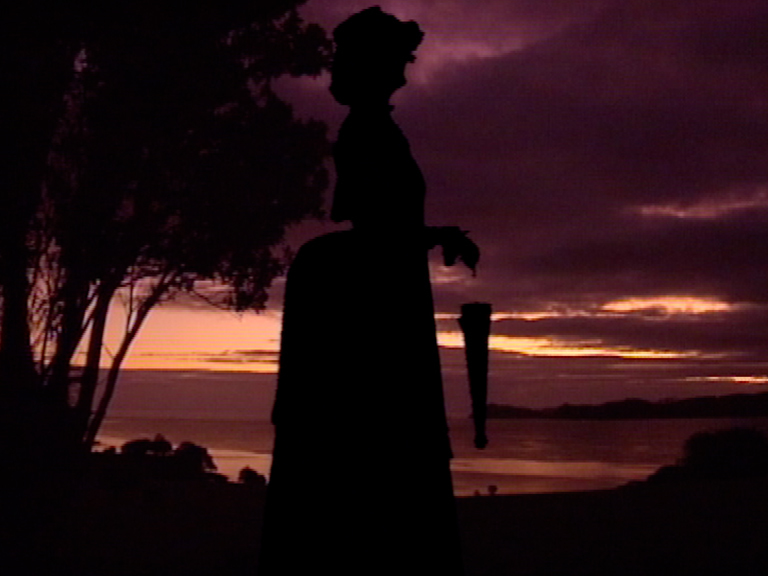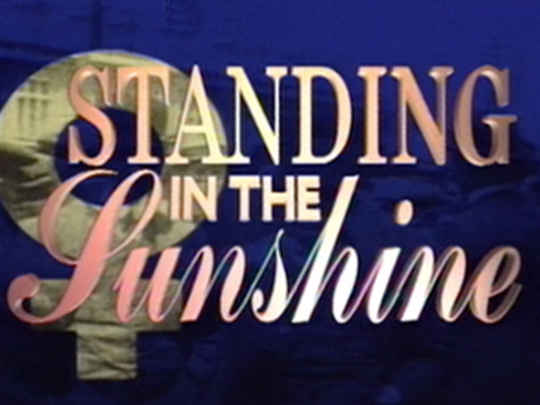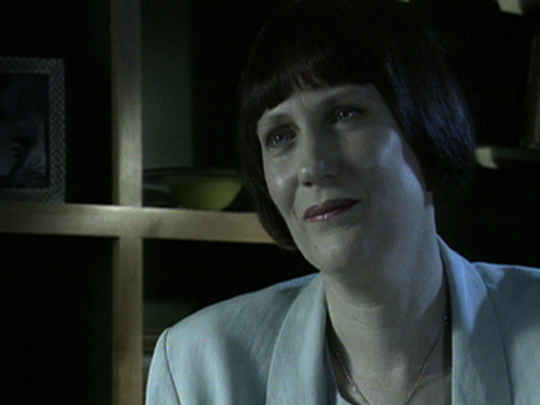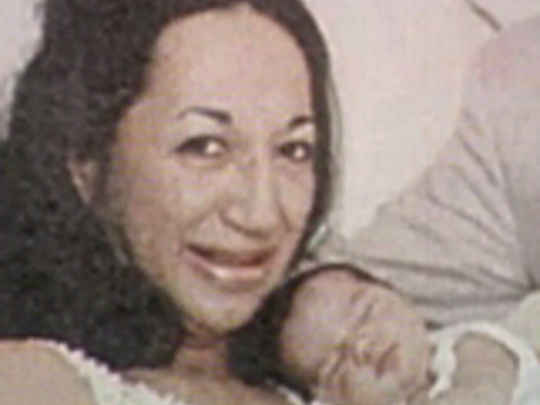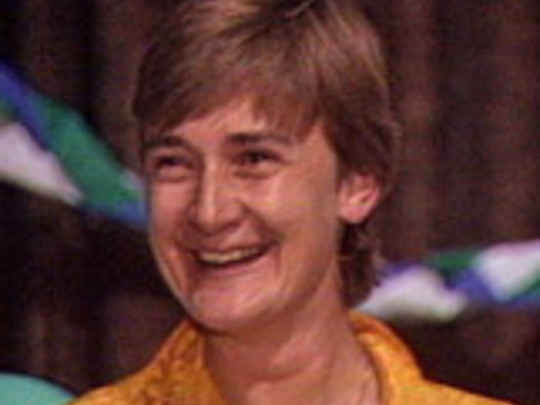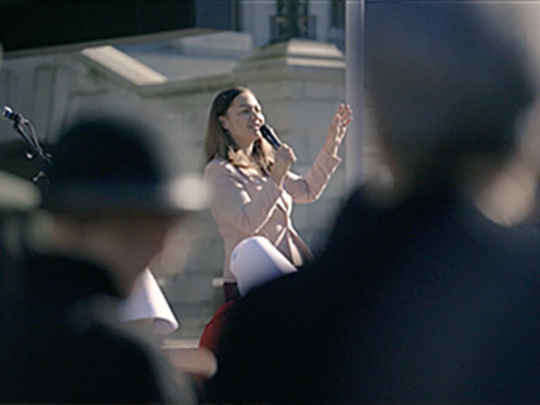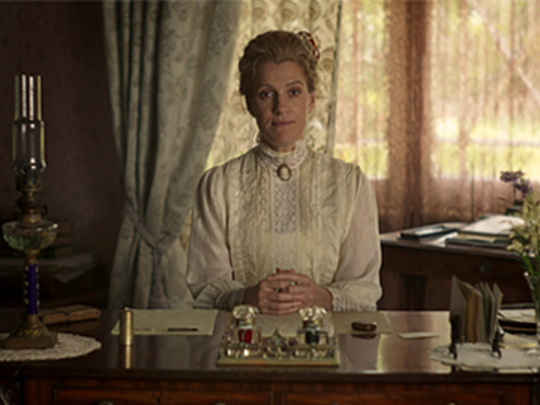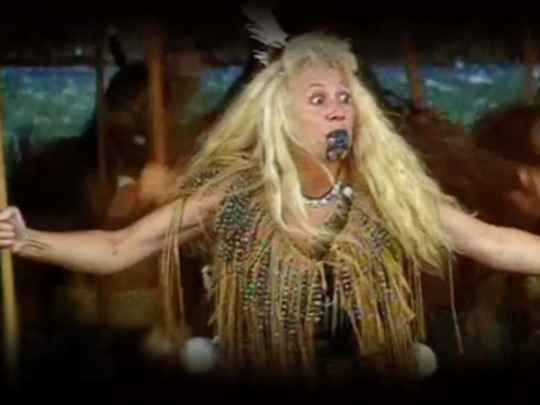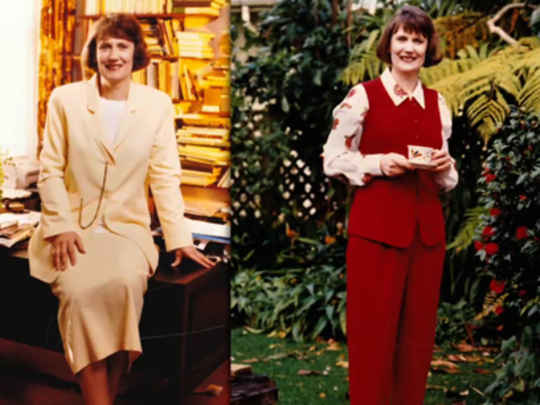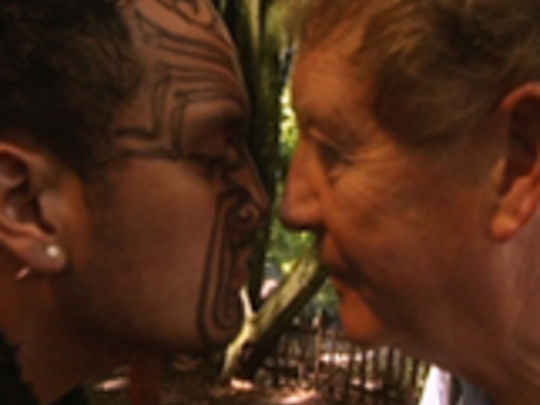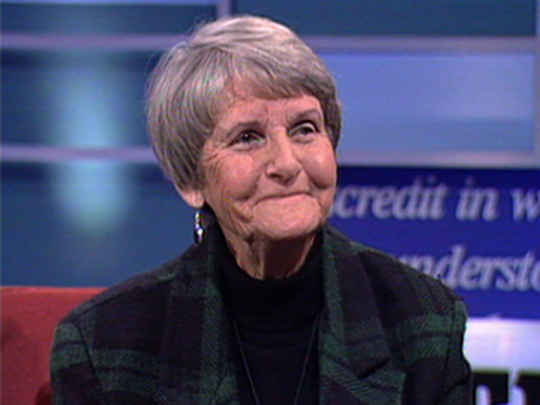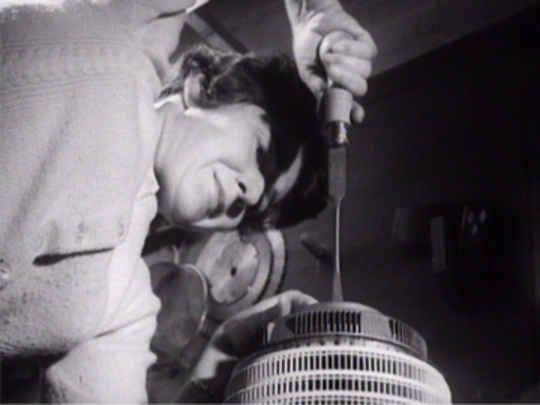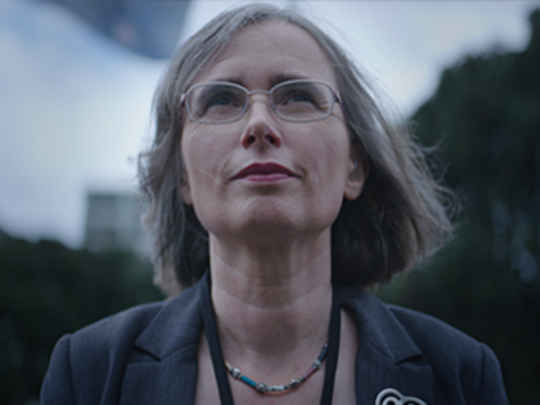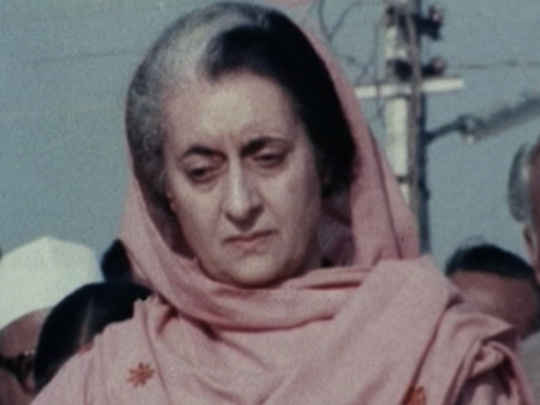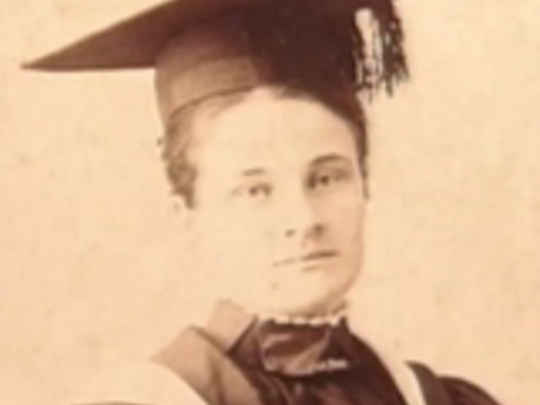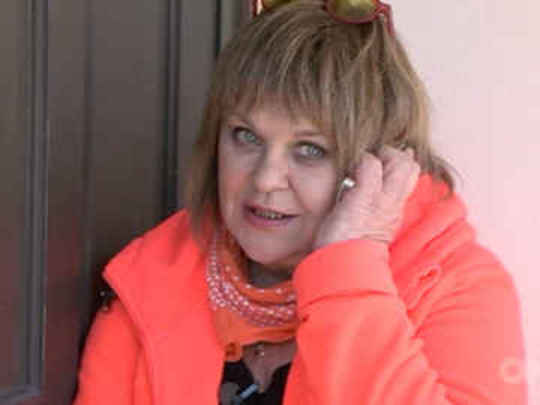Standing in the Sunshine - Power
Television (Full Length Episode) – 1993
We will not halt until we have the franchise extended to us...
– Kate Sheppard's call for female suffrage in New Zealand
For those who had not known an activist woman as a parliamentary colleague, and as men came into the house in 78 and 81, they found it a definite threat. These were the men of the generation of course who'd grown up with women who read The Feminine Mystique, who read The Female Eunuch, who just weren't taking none of that shit no more.
– Former National MP Marilyn Waring on standing by her feminist beliefs in an all male caucus
I rejected his system. I like his clothes, I like his food, sometimes. But he gave me the impression, the white man gave me the impression that he is in control of my life, and I say 'no, I'm in control of my life'.
– Eva Rickard on rejecting the Pākehā system of power and governance over Māori
I love the electorate work and I find that very rewarding...and most of the rest of the time I've never experienced so much frustration in my life.
– Excerpt from an interview with the Marilyn Waring, then New Zealand's only female MP
I think the Muldoon years when Marilyn Waring was for most of that period the only woman in the National caucus, must have been an absolutely devastating period for her. And as she began to develop her own ideas and perspectives more, she became increasingly unacceptable to male colleagues, and in the end I think, probably did walk into a wall of hatred.
– Politician Helen Clark on the struggles faced by Marilyn Waring in her time as an MP
People are more likely to criticise men's ideas, or lack of ideas more commonly, because not many here have a lot of ideas. But with women, the criticism tends to take a more personal turn; they actually don't see whether or not you've got ideas because they're mesmerised by your hairstyle or your clothes, and so women tend to be judged somewhat unfairly.
– Helen Clark on female parliamentarians attracting a different kind of feminism
When the flak really flies in politics...at the end of the day, you're it. Even within a cabinet, if you are the minister who signed the writ for whatever portfolio you're responsible for, that's where the buck stops, and you have to be able to cope with that reality.
– Jenny Shipley, who would later become New Zealand's first female Prime Minister
What we did in the 70s was to recapture a vision that had been there all along. In 1840 our people had sovereignty, we had no idea of giving it up, we had a notion of sharing it in partnership with the settlers who came here. We lost it down the track. In the 70s we simply brought that vision back to the public fore.
– Donna Awatere Huata on Māori political activism in the 1970s
We have to make sure that women are fairly sharing the central decision-making processes — that means in central government in all policy areas, that means in local government, that means in public and private enterprise. Only that way will 51 per cent of the population be fairly represented.
– Ann Hercus, the first Minister of Women's Affairs for New Zealand
The 1970s marked a turning point for the women's movement in New Zealand. Women began to use their organisational skills, and demand a bigger say in the nation's affairs. There was a push for direct representation of women by women in government. The Women's Electoral Lobby led the attack, and a new breed of woman MP began to emerge.
– Narrator Carol Archie
The house is used primarily by political parties to attack the opposition . . . I find that some of those people who shine best in parliament are those that I would least wish to see in parliament.
– One of those interviewed, describing the adversarial nature of parliament
...it's a token. So when people say 'well you know the government's doing bad things for women', the government can say 'ah, but we've got a Ministry of Women's Affairs which advises us'. But it is not able to have any impact. And I think that again it's completely marginalised, and is not doing any of us a service
– Politician Helen Clark on the Ministry of Women's Affairs, which was established in 1984
The best preparation for the job of being a cabinet minister is the job of being a parent, and particularly a mother. You then learn to live with little sleep, you have to be hugely adaptable and very flexible. You've got to suspend your own interests for so much of the time in the interests of others. I think having children makes you more fearless.
– Ex Minister of Finance Ruth Richardson
